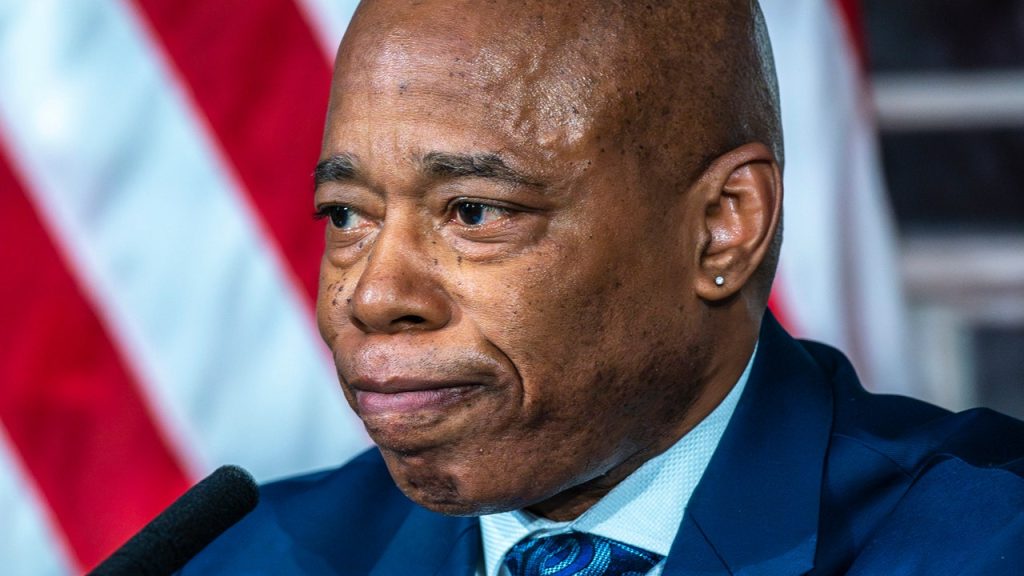Former police officer Dwyane Montgomery was sentenced to 200 hours of community service and prohibited from hosting political fundraisers or soliciting contributions for a year after being convicted of a misdemeanor conspiracy charge related to a campaign donations scheme to help New York City Mayor Eric Adams during his 2021 run. Montgomery pleaded guilty to the charge in February, along with five other individuals who were charged with conspiracy, attempted grand larceny, and making false statements in connection to the plot. Although the indictment did not implicate Adams directly, it detailed a straw donor scheme orchestrated by Montgomery to maximize donations in exchange for political favors at City Hall.
Prosecutors alleged that between 2020 and 2021, Montgomery orchestrated over two dozen straw donations by encouraging friends and family members to take advantage of the city’s matching funds system, which provides an 8-to-1 match for donations up to $250 by city residents. Additionally, Montgomery helped organize fundraisers for Adams, who has admitted to knowing Montgomery from their time in law enforcement but denies any knowledge of the donations scheme. The Democratic mayor and his inner circle have faced increased scrutiny from law enforcement in recent months, with federal agents seizing Adams’ cellphones and iPad in November as part of a separate investigation into potential illegal campaign contributions from foreign sources, allegedly involving the Turkish government.
Despite the investigations and raids on the homes of at least three of his aides, Adams has maintained his innocence and emphasized that he has not been officially accused of any wrongdoing. The ongoing probes have raised questions about the transparency and accountability of his administration, with critics calling for more transparency and accountability from the mayor and his team. Adams has not shied away from addressing the investigations, instead stressing that he is cooperating with authorities and remains focused on governing the city. The controversies surrounding his campaign have cast a shadow over his tenure as mayor and raised concerns about the integrity of the political process in New York City.
The sentencing of Montgomery underscores the consequences of engaging in fraudulent campaign activities and underscores the importance of maintaining ethical standards in political fundraising. The scheme orchestrated by Montgomery highlights the loopholes in campaign finance laws that can be exploited for personal gain, compromising the integrity of the electoral process. As elected officials are held accountable for their actions, the public expects transparency and ethical conduct from those in positions of power. The fallout from the campaign donations scandal serves as a cautionary tale for political operatives and donors alike, emphasizing the importance of adhering to legal and ethical guidelines in political fundraising efforts to uphold the integrity of the democratic process.
Moving forward, it is imperative for elected officials and their campaigns to demonstrate integrity, transparency, and accountability in their fundraising practices to earn and maintain the trust of the public. The legal consequences faced by Montgomery and others involved in the campaign donations scheme should serve as a deterrent for future attempts to circumvent campaign finance laws for personal or political gain. As investigations into political corruption continue to unfold, it is essential for law enforcement authorities to thoroughly investigate allegations of misconduct and hold accountable those responsible for violating the law. Upholding the rule of law and promoting ethical conduct in political campaigns are essential to safeguarding the integrity of the electoral process and ensuring fair and transparent elections for all.


